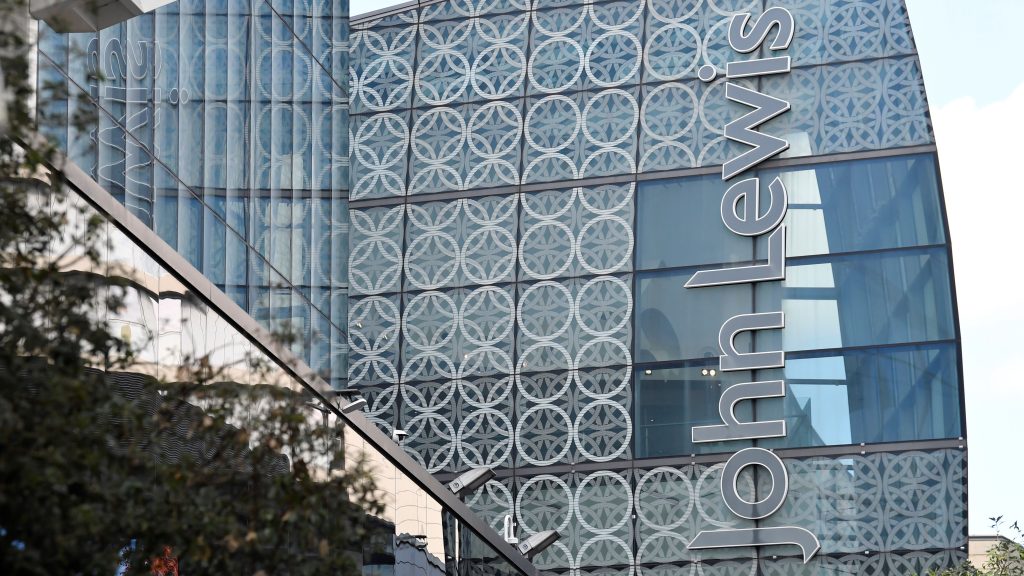British Retailer John Lewis Says Turnaround Delayed By Two Years

John Lewis Partnership’s turnaround will take two years longer than planned and cost more money, the British retailer warned on Thursday, as stubborn inflation and rising interest rates batter shoppers and store groups alike.
The employee-owned group, which runs John Lewis department stores and Waitrose supermarkets, reported a narrowing in first-half losses and forecast an improvement in full-year results.
But it said a combination of inflationary pressures and greater than expected investment requirements meant its turnaround would not be completed until 2027/28.
“Those two factors mean the plan will take a couple of years longer to get us back to the sort of profit levels that we’ll be happy with,” Sharon White, the former Treasury official who chairs the group, told reporters.
She did not say how much extra investment was needed.
The plan, launched in 2020, is focused on cutting 900 million pounds of costs, increasing the appeal of the partnership’s brands and diversifying into new services. It has also said it could seek external investment.
White said the partnership still had an ambition to generate 40% of its profit from outside retail, though the target date of 2030 could also be delayed.
The partnership said that while the economic outlook and consumer sentiment remained uncertain, stronger Waitrose trading and further efficiency savings in the second half meant it expected an improved full-year financial performance.
“We typically make most of our profit in the last three months of the year, so a successful peak is always critical,” it said.
The partnership made a 57.3 million pound ($71.6 million) loss before tax and exceptional items in the six months to July 29. That was a 14% improvement from the same period last year on sales that rose 2% to 5.8 billion pounds.
It made a 77.6 million pounds pretax loss in its 2022-23 financial year.
The partnership said customers were spending more on beauty and fashion but holding back on technology and big ticket home items.
Britain’s consumers have shown resilience in 2023 despite high inflation and rising borrowing costs.
Next, Marks & Spencer and Primark have all in recent weeks issued positive updates, though industry data has shown spending lost pace in August.
(Reporting by James Davey; Editing by David Goodman and Mark Potter)




